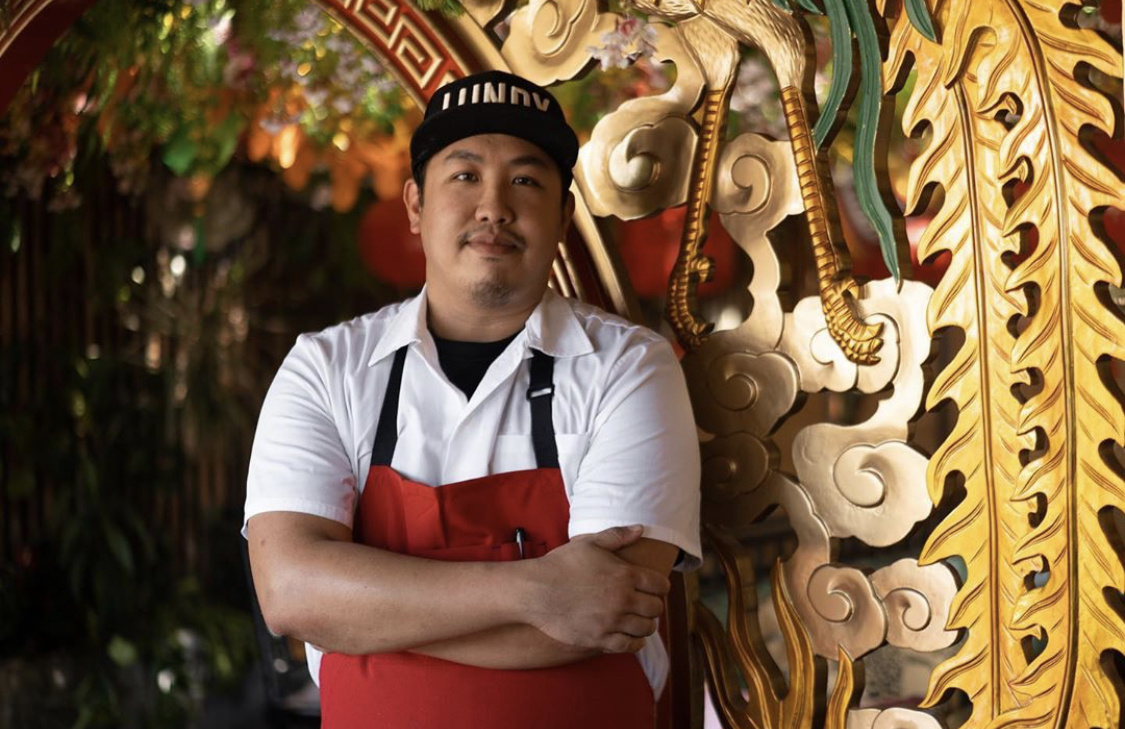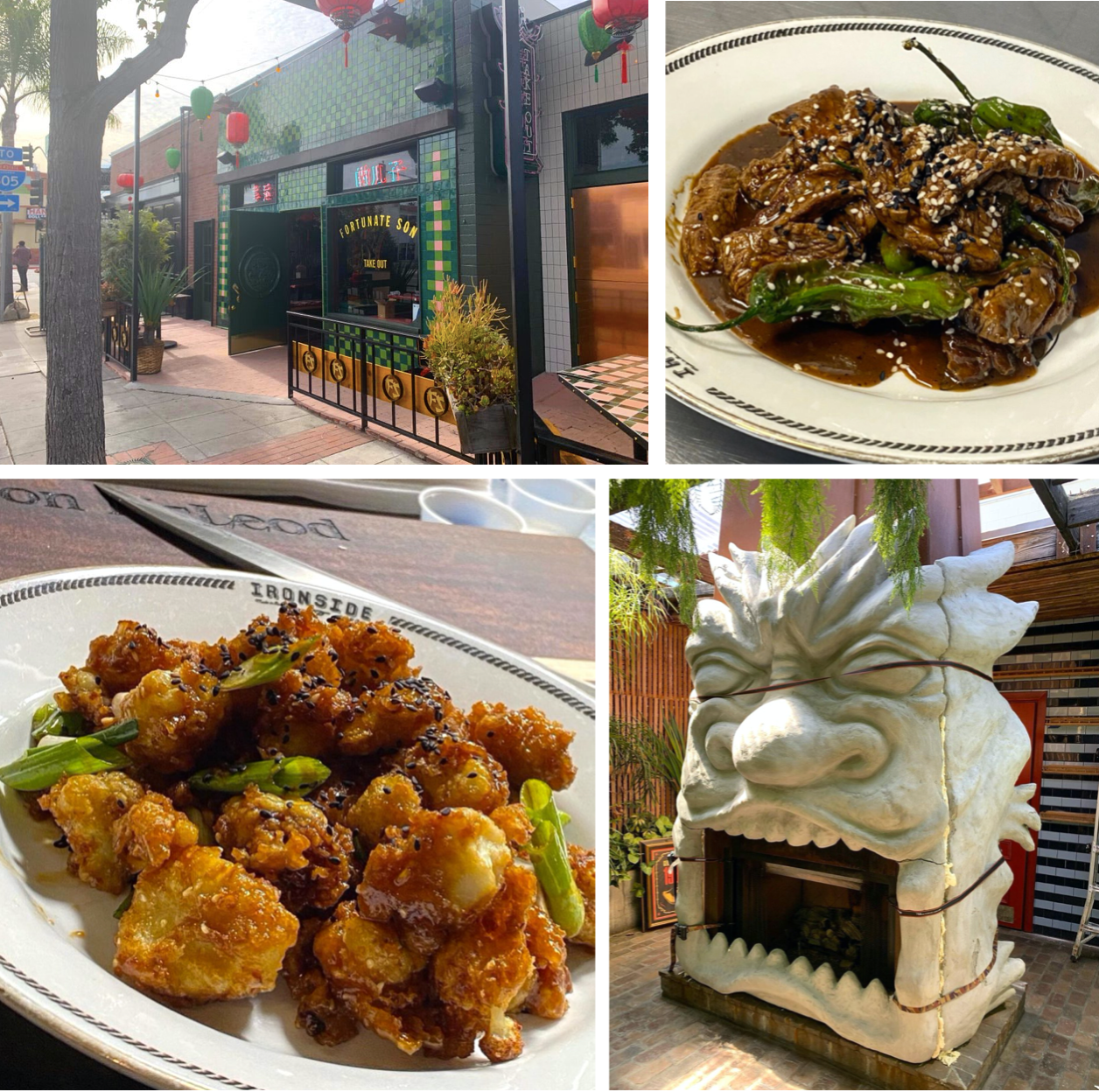The term "fortunate son" often evokes images of privilege and wealth, but what does it mean within the context of Chinese culture? In recent decades, China has undergone a profound transformation, transitioning from a largely agrarian society to a global economic powerhouse. This shift has created a new class of individuals who can be classified as "fortunate sons," benefiting from the rapid economic growth and opportunities that come with it. Understanding this phenomenon is essential for grasping the complexities of modern Chinese identity and social dynamics.
In this article, we will explore the concept of the "fortunate son" in Chinese society, examining its implications on culture, social structure, and individual identity. We'll also delve into the characteristics that define these fortunate individuals and how their experiences differ from those in less privileged backgrounds. By analyzing this topic, we aim to shed light on the broader societal changes taking place in China and their impact on various aspects of life.
We will also provide insights into how the "fortunate son" phenomenon affects relationships, family dynamics, and societal expectations within Chinese society. Through this exploration, we hope to present a nuanced view of what it means to be a "fortunate son" in contemporary China, offering readers a deeper understanding of the intersection between wealth, privilege, and cultural identity.
Table of Contents
- What is a Fortunate Son?
- Historical Context of Wealth in China
- Qualities of Fortunate Sons in Chinese Society
- Cultural Identity and the Fortunate Son
- Case Studies of Notable Fortunate Sons
- Impact on Chinese Society
- Conclusion
What is a Fortunate Son?
The term "fortunate son" can be defined as individuals who have benefited from economic prosperity and social advantages, often due to their family's wealth and status. In the context of Chinese society, these individuals typically enjoy access to better education, job opportunities, and social networks that facilitate their success.
Historical Context of Wealth in China
To understand the emergence of the "fortunate son" in Chinese culture, it is crucial to consider the historical context. China's economic landscape has transformed dramatically over the past few decades, leading to the rise of a wealthy elite.
Economic Reforms of the 1980s
The catalyst for this transformation was the economic reforms initiated in the late 1970s and early 1980s. These reforms shifted China from a centrally planned economy to a more market-oriented system, allowing for privatization and foreign investment. As a result, many individuals and families began to accumulate significant wealth.
Modern Wealth Accumulation
Today, China boasts one of the largest numbers of billionaires in the world. The rapid growth of industries such as technology, real estate, and manufacturing has created a new class of "fortunate sons" who navigate life with privileges that were previously unattainable for the average citizen.
Qualities of Fortunate Sons in Chinese Society
Fortunate sons in Chinese culture often share certain characteristics that set them apart from their peers:
- Education: Many fortunate sons have attended prestigious universities, both domestically and abroad, which enhances their career prospects.
- Networking: Access to influential networks allows them to secure high-profile jobs and opportunities.
- Entrepreneurial Spirit: Many are encouraged to pursue entrepreneurship, leading to the establishment of successful businesses.
- Global Perspective: Exposure to international cultures and practices often shapes their worldview, making them more adaptable in a globalized environment.
Cultural Identity and the Fortunate Son
Being a fortunate son in Chinese society comes with unique cultural implications. Wealth and privilege can significantly influence one's identity, values, and social interactions.
Family Dynamics of Fortunate Sons
Family plays a crucial role in shaping the identity of fortunate sons. Often, these individuals are expected to carry on their family's legacy, which can create pressure to succeed and uphold family honor.
Social Expectations and Responsibilities
With privilege comes responsibility. Fortunate sons are often expected to give back to their communities, contributing to social causes and supporting charitable initiatives. This expectation can create tension as they navigate their personal desires and societal obligations.
Case Studies of Notable Fortunate Sons
Several prominent figures exemplify the "fortunate son" phenomenon in China:
- Jack Ma: The founder of Alibaba, Jack Ma rose from humble beginnings to become one of China's wealthiest individuals, highlighting the potential of entrepreneurship.
- Pony Ma: As the founder of Tencent, Pony Ma's journey illustrates the impact of technology and innovation in creating wealth.
Impact on Chinese Society
The emergence of fortunate sons has profound implications for Chinese society. The wealth gap continues to widen, leading to social stratification and a range of challenges:
- Social Inequality: The divide between the wealthy and the poor has become more pronounced, raising concerns about social cohesion.
- Changing Values: Younger generations may prioritize wealth accumulation over traditional values, impacting cultural norms.
Conclusion
In conclusion, the concept of the "fortunate son" in Chinese society reflects broader social changes that have occurred in recent decades. These individuals, shaped by their privilege and opportunities, navigate a complex landscape of expectations and responsibilities. Understanding their experiences offers valuable insights into the evolving identity and culture of modern China. We encourage readers to reflect on the implications of wealth and privilege in their own contexts and engage with the conversation.
We invite you to leave your comments, share this article, or explore other articles on our site for more insights into contemporary Chinese culture and society.
References:
- National Bureau of Statistics of China. (2022). Economic Indicators.
- World Bank. (2023). China Economic Update.
- Forbes. (2023). The World's Billionaires List.




